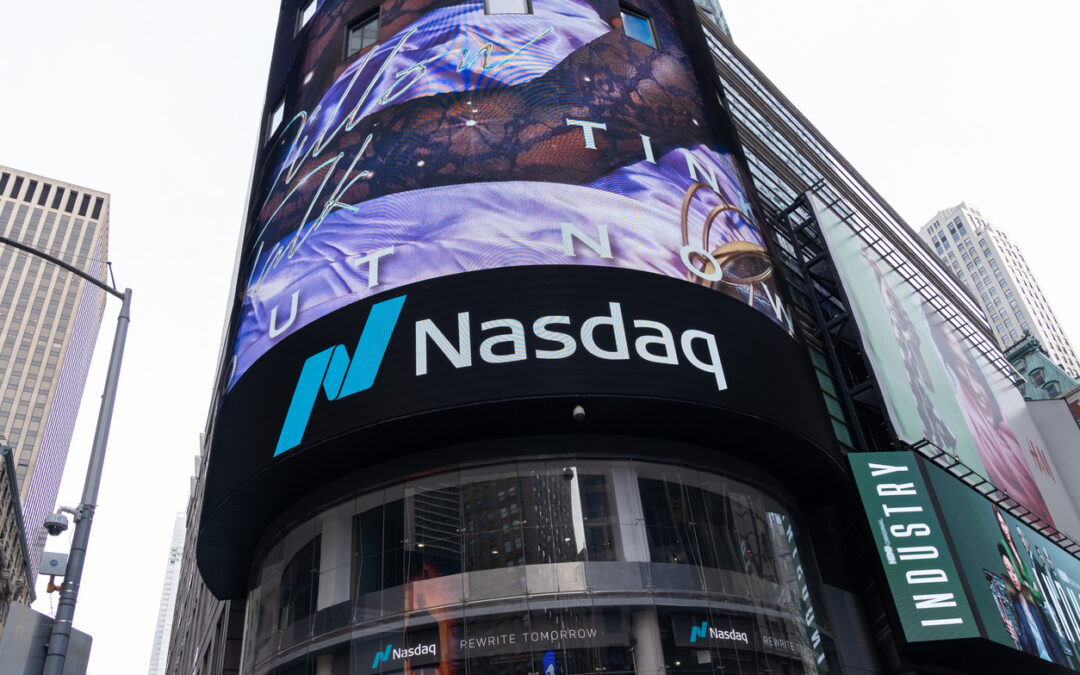Federal Reserve’s (Fed) Christopher Waller gave a C+ to the latest US inflation data, saying that it’s ‘far from failing but it’s not stellar’. Equity investors, however, continue giving the US stock indices a big, fat A+ on robust earnings, yes, but also on hope that the Fed could cut rates one, or two times this year, although there is not much conviction regarding the feasibility of the latter policy easing given that the first three months of the year warned that inflation’s path toward the Fed’s 2% will be all but smooth. So the risks prevail, but the FOMO – the fear of missing out – keeps equity bulls running. The S&P500 and Nasdaq, they both closed yesterday at a record high.
But note that the same ‘good but not stellar’ came from the UK inflation report this morning. Inflation in Britain fell from 3.2% to 2.3% in April. This was the first time inflation in Britain begins with a 2 since summer 2021. But the number was higher than the 2.1% penciled in by analysts. Core inflation, on the other hand, eased to 3.9% from 4.2% printed a month earlier – significantly higher than 3.6% penciled in by analysts. Overall, data came as a disappointment. Cable rallied as a kneejerk reaction to the data, as the latest easing in prices washed out the hope of seeing the Bank of England (BoE) cut rates as early as June.
Inflation in Canada, on the other hand, fell more than expected in April and core inflation eased to 1.6% fueling the expectations that the Bank of Canada (BoC) could also overtake the Fed and cut the rates before the Fed.
On the flip side of the world, the Reserve Bank of New Zealand (RBNZ) maintained its policy rate unchanged at 5.5% for the seventh consecutive meeting and said that the restrictive monetary policy has improved capacity pressures and pulled inflation to a 3-year low of 4%. But at 4%, inflation in New Zealand is still above the RBNZ’s 1-3% target range, which justifies the need to keep the rates higher for a bit longer. The kiwi-dollar spiked to a three-month high after the decision. The pair has recovered more than half of ytd losses, but the upside potential depends on the US dollar’s trajectory. And the dollar index is consolidating a touch above its 200-DMA, with limited appetite from the bears to send the index below the major 38.2% Fibonacci support, into a medium-term bearish consolidation zone, at a time when the only certainty is uncertainty about what the Fed should do next. Because note that the dollar’s valuation is very much dependent on Fed expectations and the correlation between the Fed expectations and the dollar index has strengthened to the highest levels since mid-March.
Happy Nvidia day
Today is probably the most important and certainly the most-awaited day of the earnings season as Nvidia is due to reveal its Q1 earnings after the bell. Option markets were pricing in a post-earnings move of more than 8% up or down for Nvidia at last week’s close, a move that could shake the S&P500 0.4% up or down according to Citigroup.
The stakes are high, as are the expectations. The company predicted that its sales will reach $24bn in the Q1, analysts expect a quarterly revenue of $24.6bn according to S&P Global Market Intelligence. Whatever it is, that would be the triple of what the company sold a year ago. EPS is expected to have grown by a fat 400%. The company should beat the sky-high expectations to give a fresh boost to the rally in Nvidia’s stock price – which has doubled since the beginning of this year and multiplied by more than 6.5 times since the beginning of last year. This week’s earnings will either send the stock price above the $1000 per share psychological mark, or trigger profit-taking. Anything less than stellar will unlikely satisfy investors’ appetite.
Normally, when expectations are high, they are harder to beat. But Nvidia has a track record of pumping expectations and beating them with a comfortable margin since the arrival of OpenAI into our lives, at the start of last year. And since then, OpenAI didn’t take a breather. It recently launched a faster and a more intriguing model with improved audio and video features. It can now recognize your emotions and talk to you accordingly. It teams up with various companies, from Reddit to Sanofi, to make its mark everywhere. Spreading AI is not only good for Nvidia’s business, it’s also good for other chipmakers who sell AI chips as well. Microsoft for example announced a new AI-powered PC on Monday that will offer a very high speed, daylong battery life, cooler temperatures and ability to handle AI tasks offline. And they use chips produced by Qualcomm in partnership with Arm. So needless to say that Qualcomm is also having a blast on AI. The company rallied to a fresh ATH yesterday on the news, and has almost doubled its price since the end of 2022. As per Arm, Morgan Stanley guesses that 14% of all Windows PCs will feature Arm systems in 2026. Up from 0%. The latter should give a second-life to the Arm rally. So, overall, the AI rally is probably far from being over. We are still waiting for Apple to announce its own AI plans in a few weeks. Apple’s share price is also preparing to retest the $200 psychological resistance. So any positive news from Nvidia could give a stronger swing to the tech rally.









